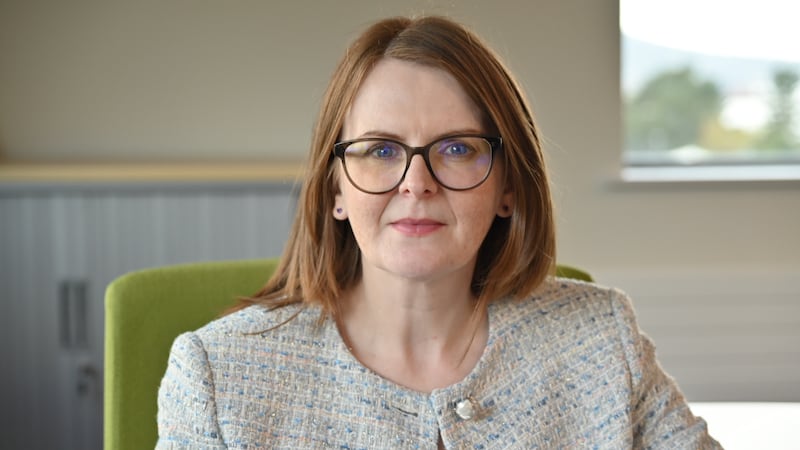The PSNI is "cooperating fully" with Police Ombudsman investigations into historical cases, two years after the Criminal Justice Inspection (CJI) initially investigated claims that the service was being "unhelpful".
A new CJI report found that the two organisations had developed a "memorandum of understanding".
The PSNI has "robust processes in place" to meet requests for sensitive information needed for historical investigations by the ombudsman's office which in turn "handles and stores" the intelligence "correctly", it found.
In 2011 the ombudsman asked CJI to examine its independence from the PSNI and the subsequent report was damning.
CJI found that the operational independence of the oversight body had been compromised since 2007 and criticism of police removed from reports into some of the worst atrocities of the Troubles.
CJI chief inspector Brendan McGuigan, pictured, ordered the suspension of work on Troubles-related cases. That ban was not lifted until January this year.
In the latest report he said that although the behaviour of the RUC had "little or no relevance" for many PSNI officers, "the issue continues to divide public and political opinion and fuels the call for an agreed mechanism for dealing with the past".
Inspectors found that the PSNI and ombudsman had agreed protocols regarding their interaction but at the time of the CJI inquiry a revised protocol on the sharing of sensitive information had not been agreed and it was "essential" that that happened.
They recommended improvements in six areas, including the ombudsman adopting a formal system to track and monitor requests to the PSNI.
Senior PSNI officers meanwhile raised concerns about the Policing Board having access to draft ombudsman reports.
The inspectors found that the practice "had the potential" to adversely affect "the necessarily frank and professional exchange of views" between the ombudsman and the PSNI and could "be interpreted as a lack of confidence in the robustness of the checks and balances" which protect the three organisations' independence.

